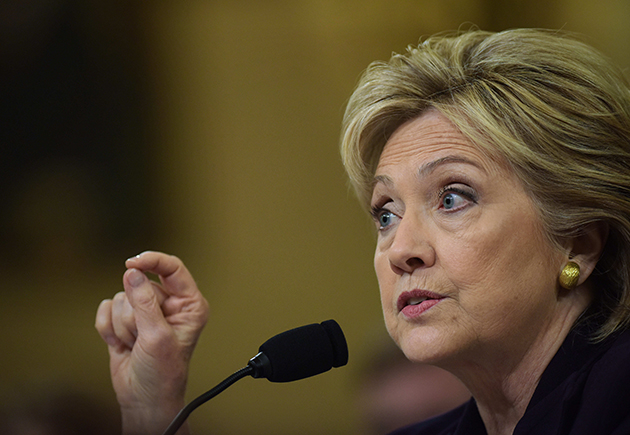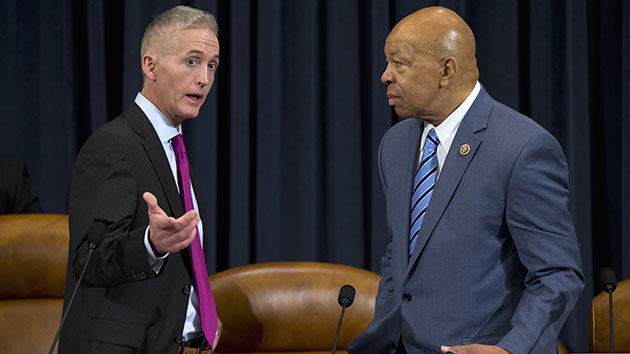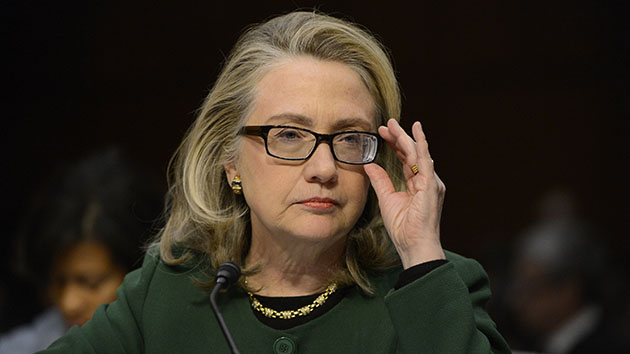
Yin Bogu/ZUMA
On Thursday, as former Secretary of State Hillary Clinton testified in front of the Republican-led House subcommittee on Benghazi, she spoke about the political nature of the hearing and compared it to what transpired after other terrorist attacks on American facilities overseas. Several hours into the hearing, Rep. Adam Schiff (D-Calif.) noted that “the ambassador was a friend of yours,” and he wondered “if you would like to comment on what [it] is like to be the subject of an allegation that you deliberately interfered with security that cost the life of a friend.” This was the opportunity for Clinton to begin talking more personally about the deaths of the Americans.
“I would imagine that I’ve thought more about what happened than all of you put together,” she said. “I’ve lost more sleep than all of you put together. I have been racking my brain about what more could have been done, and what should have been done.”
She went on to compare the current inquiry to those that followed the attacks on Benghazi that killed four Americans, and the 1983 attacks on the US Marine barracks and the US embassy in Beirut, in which nearly 260 American Marines, sailors, and soldiers were killed. She pointed out that the level of political vitriol flying back and forth today was not in evidence then, and opposing political forces worked together after major incidents that cost American lives.
I would like us to get back to those times, congressman. Whereas I think one of you said [that in] Beirut we lost far more Americans, not once, but twice within a year. There was no partisan effort. People rose above politics. A Democratic Congress worked with a Republican administration to say, “What do we need to learn?” Out of that came the legislation for the Accountability Review Board. Similarly, after we lost more Americans in the bombings in east Africa, again, Republicans and Democrats worked together and said, “What do we need to do better?”
She then described herself “an optimist…hoping that that will be the outcome of this and every other effort, so that we really do honor not only those that we lost, but all those who, right as we speak, are serving in dangerous places representing the values and interests of the American people.”














